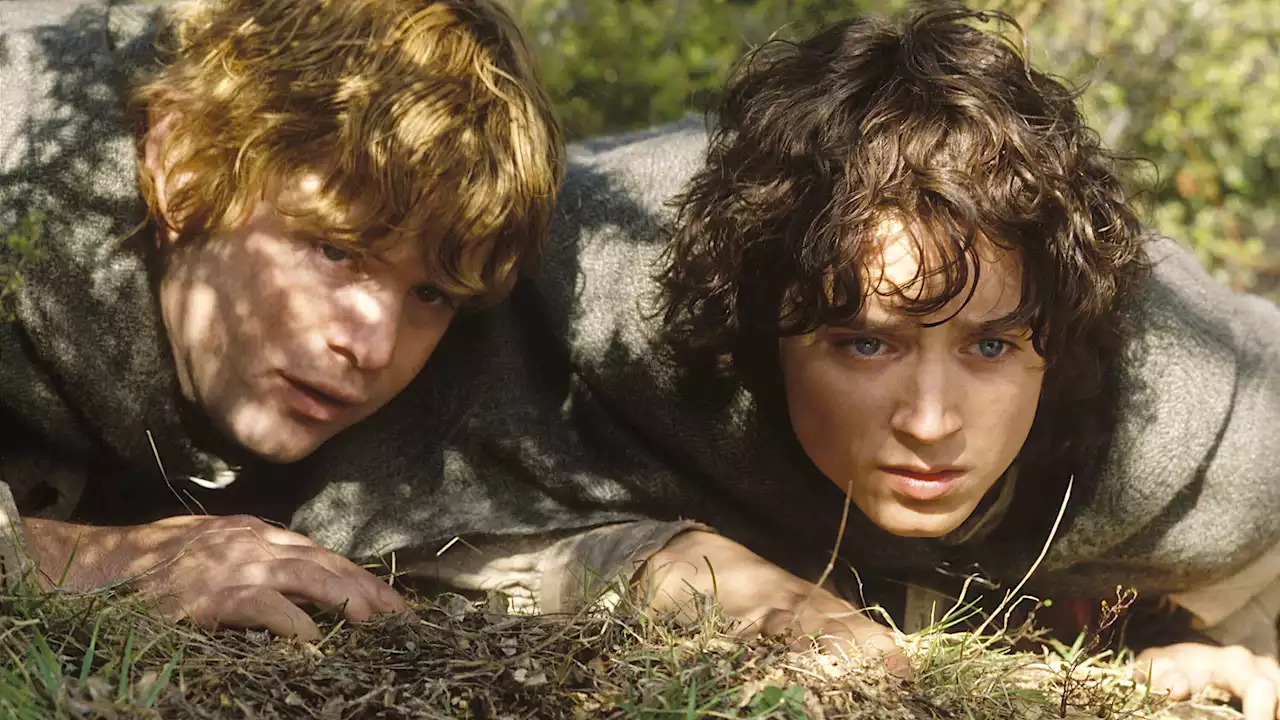PeterJackson's The LordoftheRings trilogy helped us get through 9/11 with escapism and an emphasis on fellowship and banding together for the greater good.
When tentative news began to leak, pre-Y2K, that Kiwi director Peter Jackson was making a live-action Lord of the Rings trilogy, legions of longtime LOTR fans were excited, but our enthusiasm was tempered. For one thing, the casting seemed hard to envision , and some of us still remembered Ralph Bakshi’s 1978 animated Lord of the Rings, which, while cool to see as a kid, was far from a cinematic classic.
And yet, 9/11 actually contributed to the trilogy’s astonishing success — which included winning boatloads of Oscars — by providing audiences escape, comfort, and an unambiguous moral guidepost for negotiating the complicated feelings the terrorist attacks on the World Trade Center and the Pentagon caused for many people in 2001 and beyond.
Five months after 9/11, when then-President George W. Bush recast a new Axis of evil, his administration hoped that the Western world would get behind it as unequivocally as it had when facing the original Axis. Initial support for new deployment of American power was robust, but it wasn’t long before Americans were facing a questionable and costly Iraq War, followed by a cascade of War on Terror iniquities that included torture and domestic wiretapping.
The fact that the truth around Tillman’s death by friendly fire was covered up for so long is an indicator of how invested we were in uncomplicated accounts of sacrifice and heroism, like those performed by the heroes of the trilogy. The bond that soldiers form — the solidarity around a larger purpose — drives The Lord of the Rings, which above all is about, well, fellowship.
The trilogy encouraged us to be our best selves That feeling of loss had begun after the collapse of the Soviet Union and the Eastern Bloc, when the titanic Cold War struggle had ended. Despite then-President George H.W. Bush’s attempts to create an American-led New World Order out of the power vacuum that emerged, the 1990s were a nebulous time.
The trilogy felt as grave and momentous as world events, almost as though the films not only commented on them, but gave us direction for how to navigate them. This is summed up in Gandalf’s famous exchange with Frodo. “I wish it need not have happened in my time,” Frodo laments, to which Gandalf responds, “So do all who live to see such times. But that is not for them to decide. All we have to decide is what to do with the time that is given us.
United States Latest News, United States Headlines
Similar News:You can also read news stories similar to this one that we have collected from other news sources.
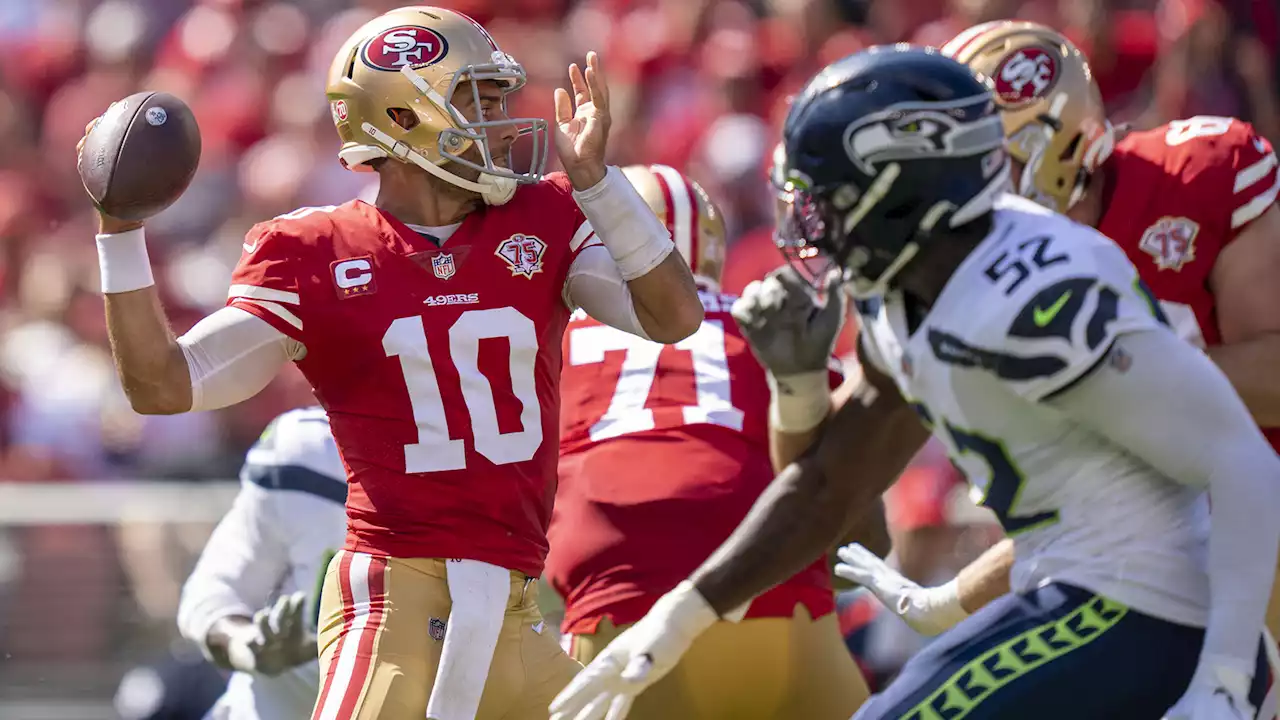 Peter King: Jimmy Garoppolo Shouldn't Rush to Seahawks If Cut by 49ersIf the 49ers release Jimmy Garoppolo, what should the veteran quarterback do? NBC Sports columnist Peter King weighed in.
Peter King: Jimmy Garoppolo Shouldn't Rush to Seahawks If Cut by 49ersIf the 49ers release Jimmy Garoppolo, what should the veteran quarterback do? NBC Sports columnist Peter King weighed in.
Read more »
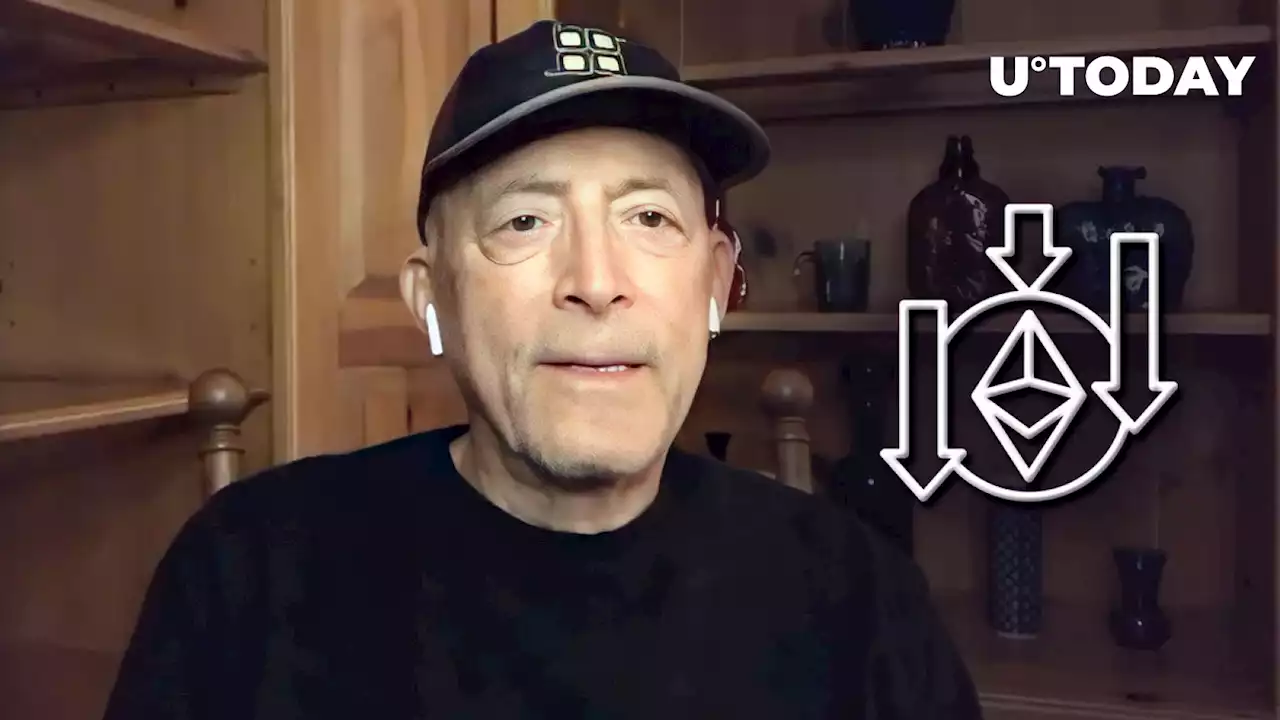 Legendary Trader Peter Brandt Shows How You Could Profit from Ethereum's PlungeShorting $ETH might be a short-sighted decision, but this trader succeeded and received praise from Peter Brandt
Legendary Trader Peter Brandt Shows How You Could Profit from Ethereum's PlungeShorting $ETH might be a short-sighted decision, but this trader succeeded and received praise from Peter Brandt
Read more »
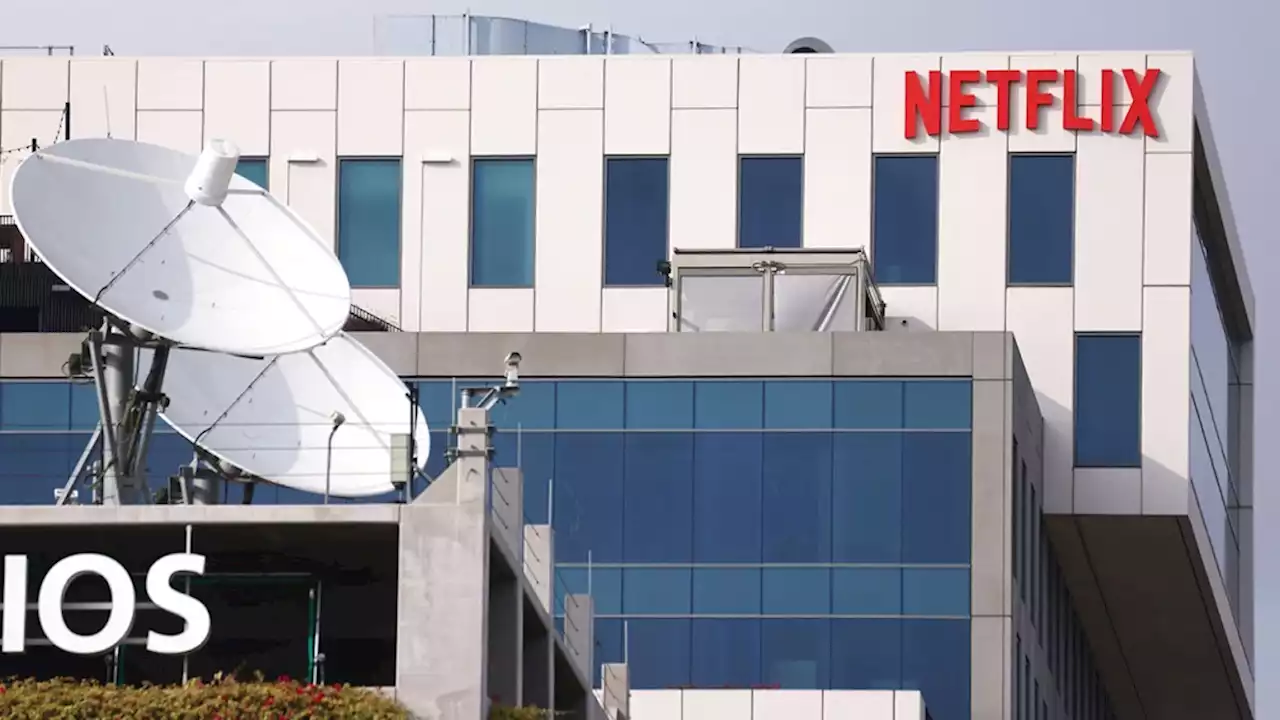 Netflix Poaches Snapchat Execs Jeremi Gorman and Peter Naylor to Lead Advertising BusinessGorman will be president of worldwide advertising for the streaming giant, with Naylor working as VP of ad sales.
Netflix Poaches Snapchat Execs Jeremi Gorman and Peter Naylor to Lead Advertising BusinessGorman will be president of worldwide advertising for the streaming giant, with Naylor working as VP of ad sales.
Read more »
 Selena Gomez’s Favorite Ole Henrikson Eye Cream Is on Sale for Labor Day WeekendSelena Gomez’s Favorite Ole Henrikson Eye Cream Majorly Discounted for Labor Day:
Selena Gomez’s Favorite Ole Henrikson Eye Cream Is on Sale for Labor Day WeekendSelena Gomez’s Favorite Ole Henrikson Eye Cream Majorly Discounted for Labor Day:
Read more »
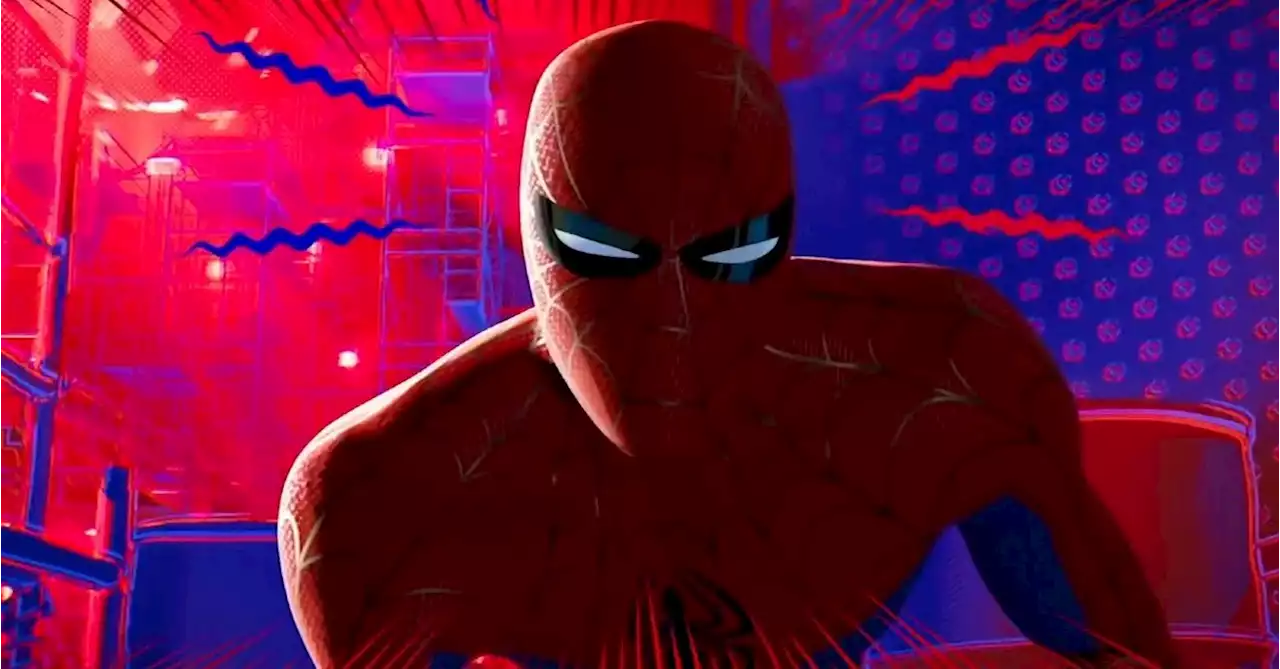 Spider-Man's Bad Luck Explained With Spider-Verse Fan TheoryIf there is one thing that's a constant in Spider-Man's life, it's bad luck. Sure, Peter Parker [...]
Spider-Man's Bad Luck Explained With Spider-Verse Fan TheoryIf there is one thing that's a constant in Spider-Man's life, it's bad luck. Sure, Peter Parker [...]
Read more »
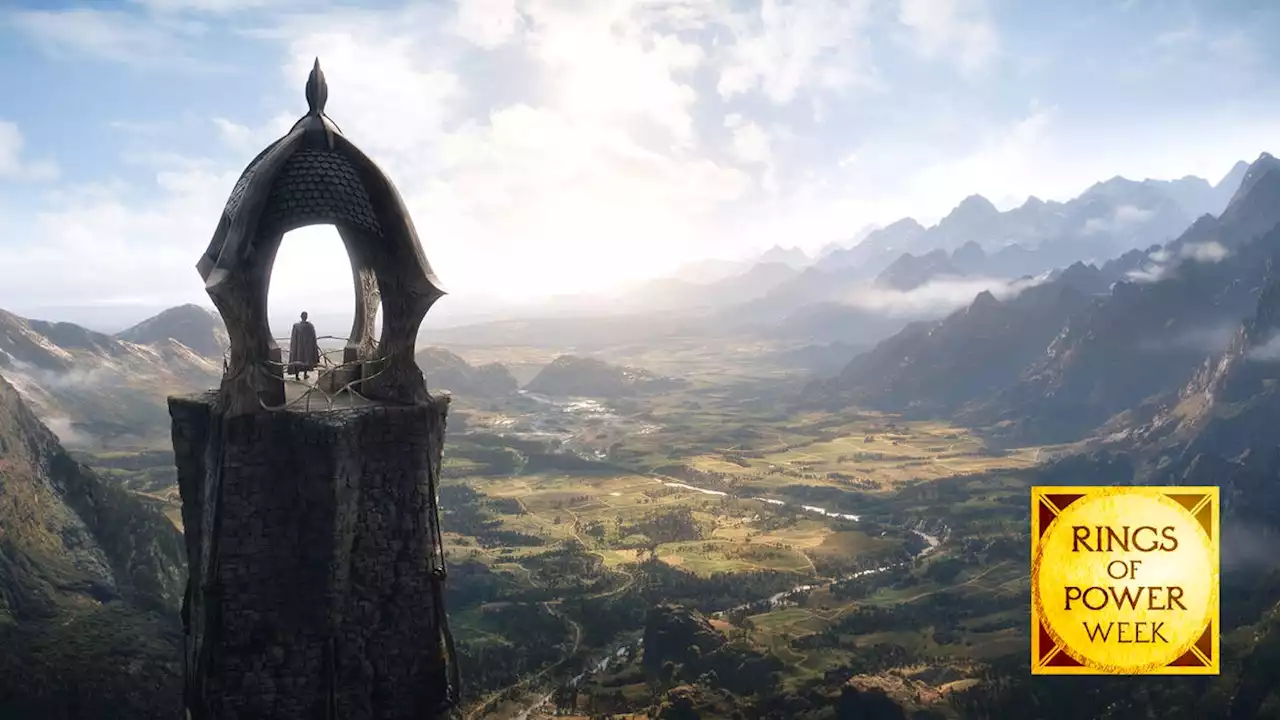 No Frodo? No Aragorn? No Gollum? What is The Lord Of The Rings: The Rings Of Power about again?Prime Video's adaptation of Tolkien’s unfinished work, covering events before Peter Jackson’s epic trilogy, is bound by a different kind of darkness
No Frodo? No Aragorn? No Gollum? What is The Lord Of The Rings: The Rings Of Power about again?Prime Video's adaptation of Tolkien’s unfinished work, covering events before Peter Jackson’s epic trilogy, is bound by a different kind of darkness
Read more »
